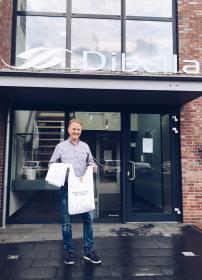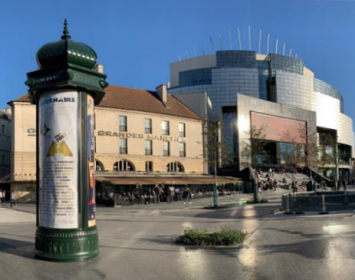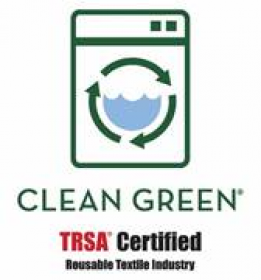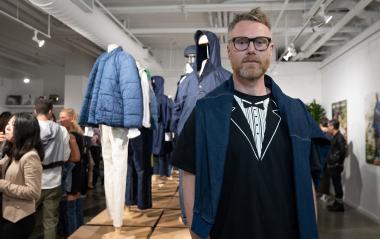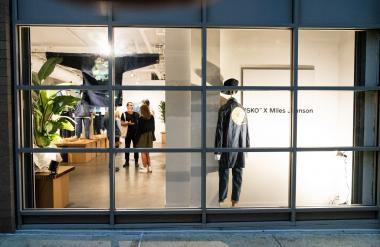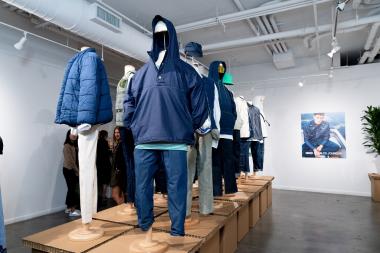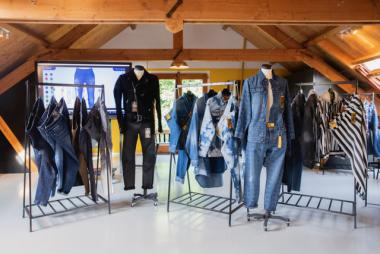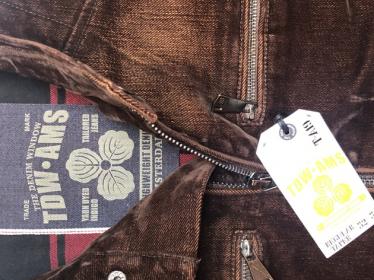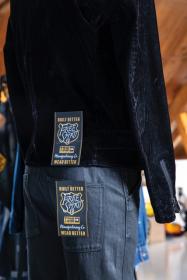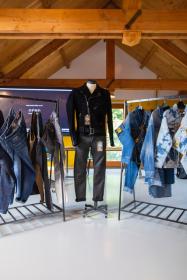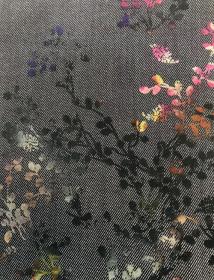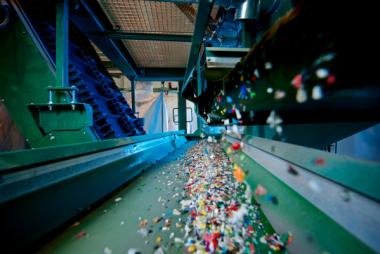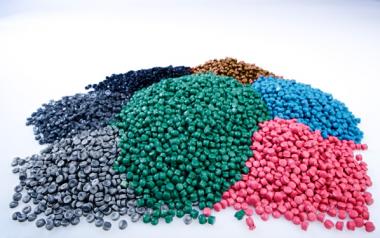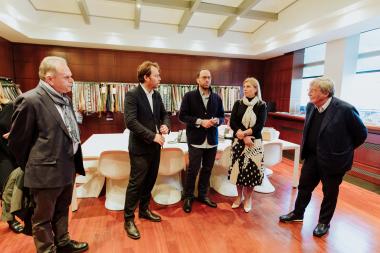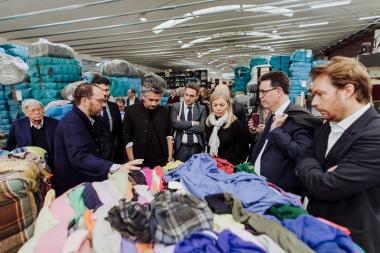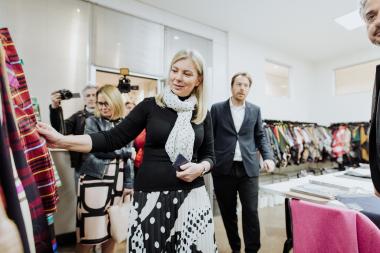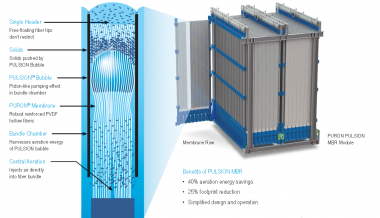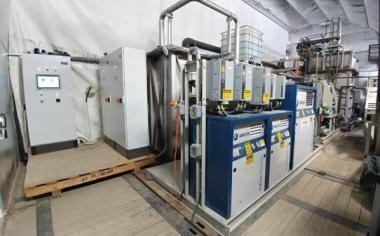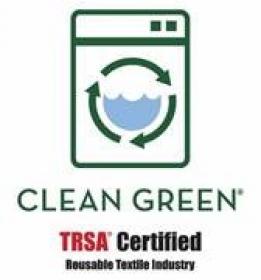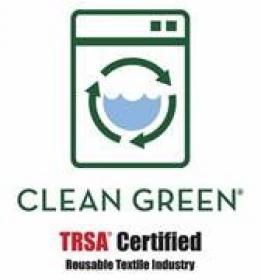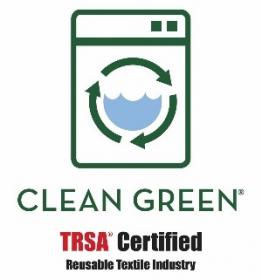Beirholms Væverier/Dibella/Reused Remade: Gemeinsame Kreislauflösung
Zwei der führenden Anbieter von Hoteltextilien in Europa, das dänische Unternehmen Beirholms Væverier und das Deutsch/Niederländische Unternehmen Dibella, starten eine Zusammenarbeit mit dem schwedischen Unternehmen Reused Remade. Reused Remade ist für seine klimaschonenden Textiltaschen aus wiederverwendeter Hotelbettwäsche bekannt. Gemeinsam werden sie den Lebenszyklus von Hoteltextilien verlängern und zur Kreislaufwirtschaft beitragen, indem sie ausrangierte Textilien aus Textilserviceunternehmen zu neuen Textiltaschen für den Einzelhandel aufbereiten.
In Europa werden jedes Jahr Millionen Tonnen ausrangierter Hotelbettwäsche entsorgt, die aus Verschleißgründen nicht mehr im Hotelbetrieb verwendet werden können. Dank der zum Patent angemeldeten Methode von Reused Remade, Hotelbettwäsche zu hochwertigen Textiltaschen zu recyceln, werden enorme Mengen an natürlichen Ressourcen eingespart. Eine klimafreundliche Alternative zur heutigen Entsorgung oder zum üblichen „downcycling“ zu Putzlappen oder Dämmmaterial.
Bis 2025 werden alle EU-Mitgliedsstaaten eine Produzentenverantwortung der Hersteller für Textilien eingeführt haben. Dies wird besondere Anforderungen an die betroffenen Industrien stellen, gemeinsam intelligente Lösungen zu finden und zum Übergang in eine Kreislaufwirtschaft beizutragen. Beirholm und Dibella haben beide seit jeher einen starken Fokus auf Nachhaltigkeit und forschen nach neuen und intelligenten Lösungen für die ausrangierten Textilien ihrer Kunden. Zweck dieser besonderen Partnerschaft ist es, es mehr Textilserviceunternehmen in Europa zu ermöglichen, sich der zirkulären Lösung von Reused Remade anzuschließen und aus der ausgemusterten Hotelbettwäsche klimafreundliche Textiltaschen zu produzieren.
Mit einem beeindruckenden Wachstum seit der Gründung im Jahr 2016 sind die Textiltaschen von Reused Remade für den täglichen Gebrauch jetzt bei bekannten nordischen und europäischen Einzelhändlern wie Edeka, Clas Ohlson, Ica und Systembolaget zu finden.
„Das Ziel für 2021 ist es, 300 Tonnen Hotelbettwäsche zu sammeln, um die Nachfrage unserer Kunden zu befriedigen. Es fühlt sich fantastisch an, mit Beirholm und Dibella zusammenarbeiten zu können, deren Werte wir in Bezug auf Nachhaltigkeit teilen. Wir sehen, dass wir gemeinsam einen großen Unterschied für unsere Umwelt, unser Klima und unsere gemeinsame Zukunft machen können“, sagen Pia Walter und Josephine Alhanko, die Gründer von Reused Remade.
Weitere Information finden Sie im Anhang





